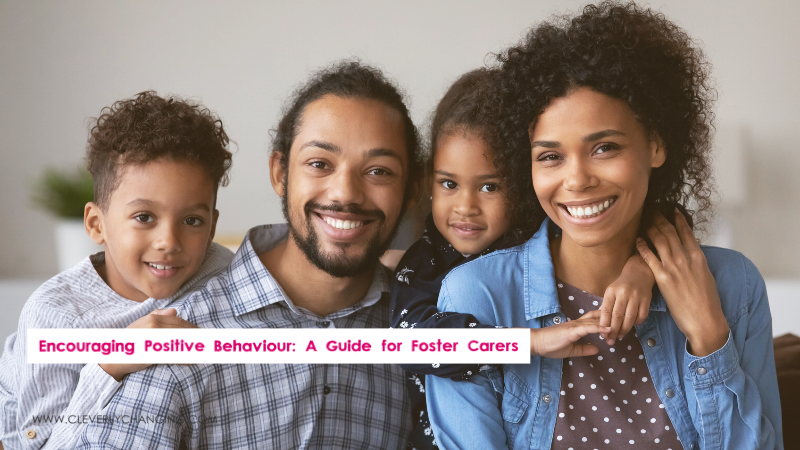Foster children come from various backgrounds which can lead to behaviours that go against the rules of your household. However, it’s important to remember that every single foster child yearns to be accepted and loved. By building a supportive and positive home environment, and implementing various appropriate strategies, foster carers can bring out positive behaviours buried beneath the surface.
Getting to Grips with Child Behaviour
Understanding child behaviour in general may help you identify the underlying causes of their actions. Additionally, it will allow you to reach a greater point of acceptance and patience. There are plenty of ways to increase your knowledge, but here are our favourite tactics:
- Read books and attend training sessions.
- Talk to professionals including foster carers, schools, and case workers.
- Talk to your foster children about their feelings and thoughts; what they say may unlock alternative perspectives.
- Observe all types of behaviours, and then consider what may trigger behaviours that you’re attempting to flip.
Working with Schools and Other Professionals
On your foster care journey, you will be part of a network of professionals with the same goal; caring for children in need. Within your network, you’ll have access to experts in child behaviour, whether they work for agencies like Fostering People or are specialised professionals like psychologists. You can lean on this supportive network to help get to the bottom of certain behaviours.
If your foster child is in school, their teacher can be an excellent resource. After all, they spend a large amount of time with them, and part of their job is managing behaviour. Any teacher will be happy to set up a meeting, in which you can discuss any concerns.

Effective Strategies for Encouraging Positive Behaviour
Aside from educating yourself and working with professionals within the support network, there are strategies you can practice within your home. One of the most fundamental behaviour management techniques is setting up a positive and supportive environment for foster children—training provided by your agency will help with this.
When your foster children demonstrate positive behaviours, it’s important to reward them. A great system for positive reinforcement is the sticker chart, which involves placing a sticker on the chart every time they behave positively. As an added incentive, you can introduce an end-of-week treat, which can include fun days out.
If you haven’t told your foster children what is expected of them, they’ll never change their behaviour. Soon after a foster child arrives in your care, make them feel comfortable and then go through the rules of the house. Some foster carers write engaging booklets with the rules and other information written inside, which provides a helpful reference point.
Positive behaviour encouragement is an essential part of healthy childhood development. As a foster carer, you have an important role to play in helping children to grow and learn. By building up your knowledge of childhood behaviour, creating a stable home, liaising with professionals, and exploring behaviour management tactics, you may succeed in inspiring positive behaviours. W

